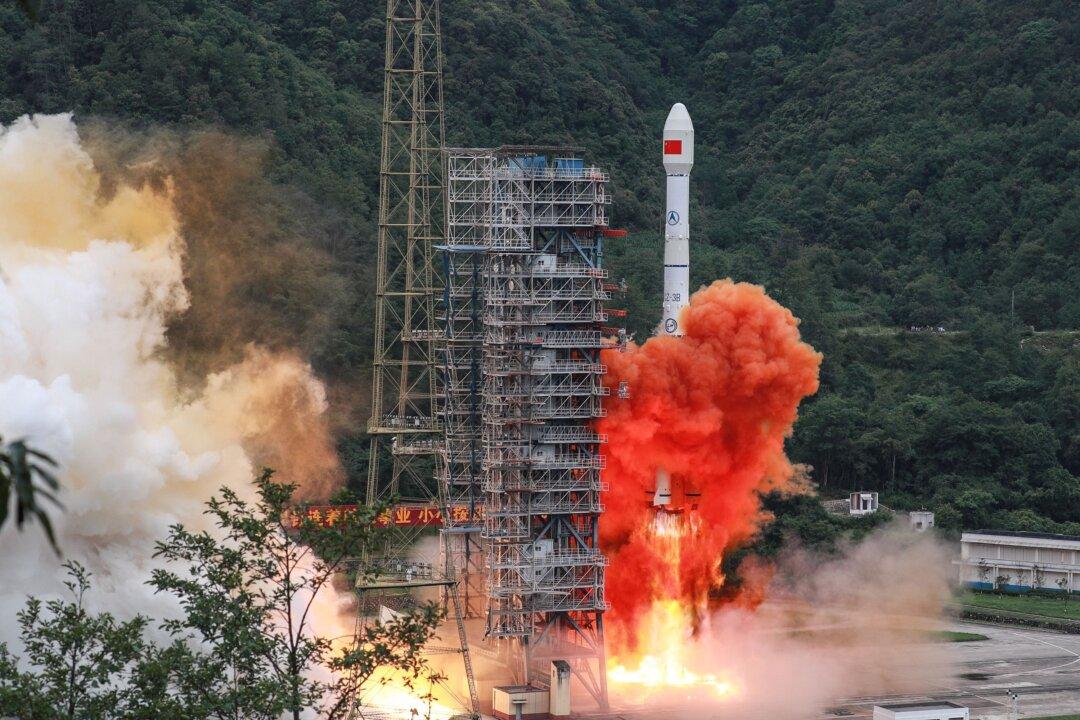SYDNEY/STOCKHOLM—Sweden’s state-owned space company, which provides ground stations that help fly Chinese spacecraft and transmit data, said on Monday it would no longer renew contracts with China or accept new Chinese business, because of changes in geopolitics.

A Long March 3B rocket carrying the Beidou-3GEO3 satellite lifts off from the Xichang Satellite Launch Center, China, on June 23, 2020. STR/AFP via Getty Images
|Updated:




